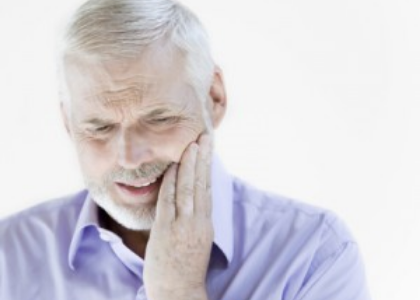

Our dentist Dr Darryl Marsh answers questions on this growing problem.
One of the biggest factors is stress. It seems that some people just manifest their stress by grinding their teeth. The reason it starts? Something traumatic might be a trigger.
Some research shows a link between night-time clenching and grinding with obstructive sleep apnoea. There’s still much research to be done in this area, but the current trend is that this should be investigated.
People who clench and grind their teeth in their sleep can cause damage to the jaw joints or strain the muscles in that area.
I think it’s growing because everyone’s more on edge these days.
I see it a lot in kids, especially when they’re in high school, when they’re doing exams and assignments. But really it’s something that can affect people of any age – young or old.

Crunching and grinding teeth can lead to splitting teeth down the middle. This is commonly seen in older people.
We see people who’ve split their teeth down the middle because they’ve been crunching and grinding their teeth (commonly, older people). We call this parafunction, which is anything that isn’t normal chewing or swallowing.
Grinding can also chip the teeth or make them look shorter.
In these cases, the teeth may need to be filled or extracted. Obviously, these people can get pain from teeth that are filled because they’re weaker than teeth that aren’t filled.
I saw a patient whose canine teeth had almost worn right through the enamel. To put things in perspective: according to some research, to wear away the enamel through normal function should take a hundred years. This patient had done it in 10 to 12 years!
No, wear can happen to any of the teeth – it depends on the jaw movement.
Often, worn teeth are more difficult to detect in people who clench because usually the wear is behind the front teeth where they can’t see it. These teeth look full from the front, however over time they’re actually getting thinner at the back of the tooth, then they snap off. As a dentist, we can see these areas very easily.
It increases the chance of decay. Your tooth is like a watermelon – tooth enamel is hard like the outer skin of a melon and tooth dentin is like the flesh. Once you’ve worn through the tooth enamel, you’re into the soft dentin underneath – the flesh before you get to the nerves and blood vessels in the centre.
Even if you stop grinding, normal abrasion from chewing food will continue to wear down the dentin. When your teeth get exposed like that, you’re opened up to decay, fractures and all kinds of dental risks.
Yes. Normally, your teeth don’t come into contact with each other much during the day – between four to eight minutes (depending on the research). It really only happens when you’re eating or swallowing.
However, if you’re clenching and grinding at night, your teeth can be rubbing on each other for hours. The force they generate is a lot greater, too. It’s not just twice as much – it can be 10 or 20 times as much.
In each of your jaw joints, there’s a disk that’s just like the one in your knee. If that disk gets damaged – either worn through or it becomes out of position – that’s when bone rubs on bone, leading to arthritis.
First, we look at your jaw movement and if there’s any wear on your teeth. We try to find out what’s going on, how long it’s been happening and how severe it is.
From there, it will depend on the amount of damage. There’s no cure – it’s a question of management – so the sooner you can get to it, the less complicated it is and the less costly it is to manage. Some people can have complete remission of symptoms.
Usually, there’s some involvement with a physiotherapist to get the muscles functioning properly and the jaw joints mobilised again. For this, we refer you to The Headache, Neck & Jaw Clinic.
We’ve had patients who’ve been diagnosed with TMD, so we’ve made them an occlusal splint and they’ve told us their headaches have all gone. If sleep apnoea is involved, we can make an appliance that will help with the apnea, as well as protect the teeth.
We recently had a patient who kept having pain. After a dental assessment, we figured out it was coming from her jaw joints and her teeth were all worn down. Using a filling material, we actually rebuilt the teeth that she had ground down.
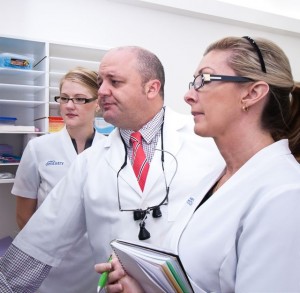
The first step might be to get them to a physiotherapist, so they can soothe their muscles as much as possible with exercises.
Then when they come in to the dentist, we can use Valium, a muscle relaxant that helps to take off the edge. We use heat packs to help them relax, but normally with Valium, they’re fine. We can also use a silicone mouth rest, so they can rest their teeth and take the strain off their jaw joints.
We understand what you’re going through. Our dentist can help with your TMJ issues when you’re next in. Call Today’s Dentistry on 07 3263 2677 or book an appointment online.
Did you know?
Emerging research is showing a greater link between teeth grinding and a serious sleeping disorder called sleep apnea, the most common type being obstructive sleep apnea or OSA. Snoring heavily is another red flag. When assessing a patient for teeth grinding, we’ll also investigate whether you have sleep apnea symptoms. You may need to see a sleep specialist for diagnosis.
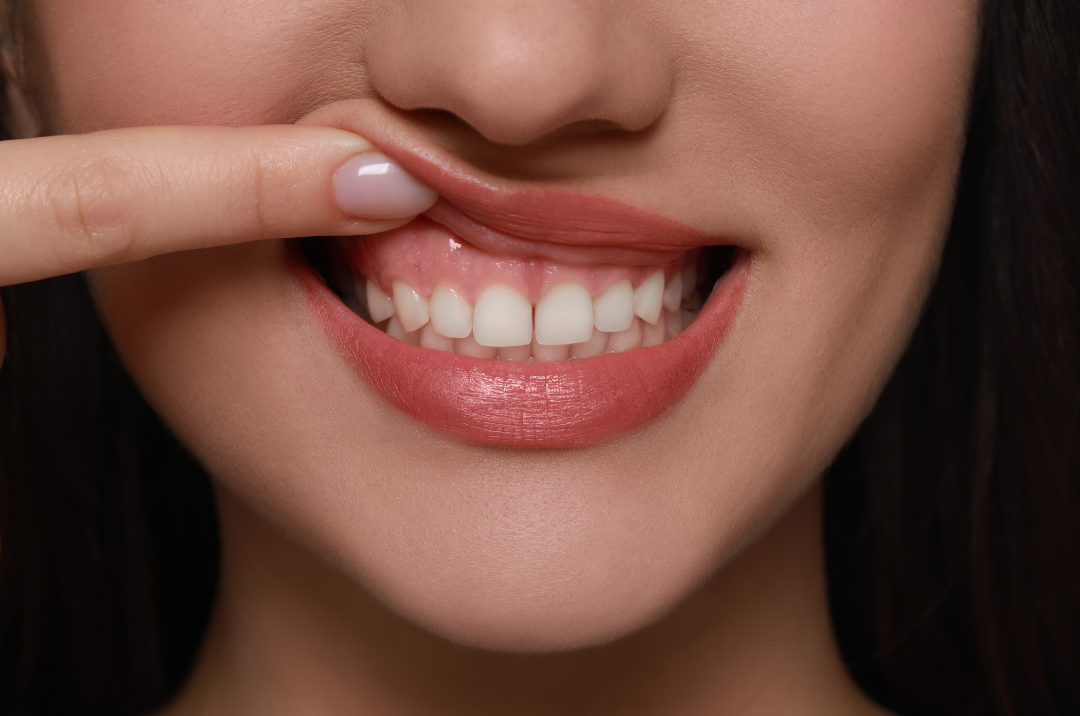
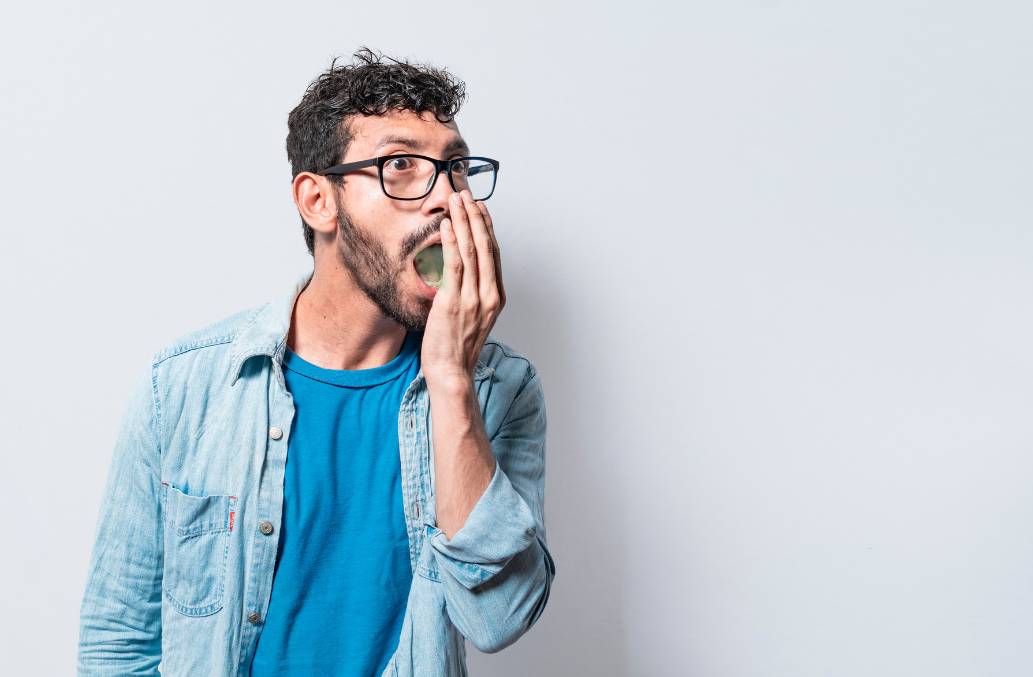
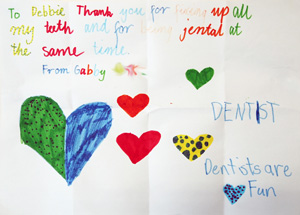
almost luxurious experience.
I highly recommend this dentist, especially if you suffer with anxiety or a fear of dentistry."
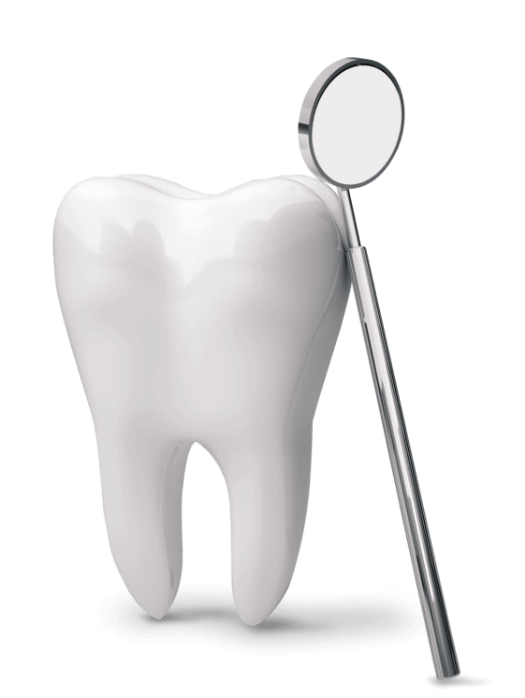
Your first visit at Today’s Dentistry is all about creating a Dental Roadmap so you know exactly what condition your teeth and gums are in, and what your options are for treatment.
Your first appointment includes: